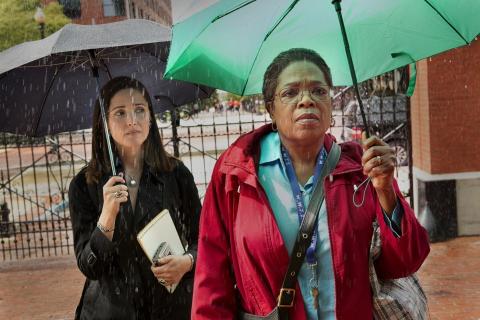Donald Trump Can't Tell Good Dictators From Bad
Informed Comment

Bad Dictators are arguably Bad, and some are war criminals. But Washington tends to deal with the pro-American dictators by just not bringing them up much.










Spread the word